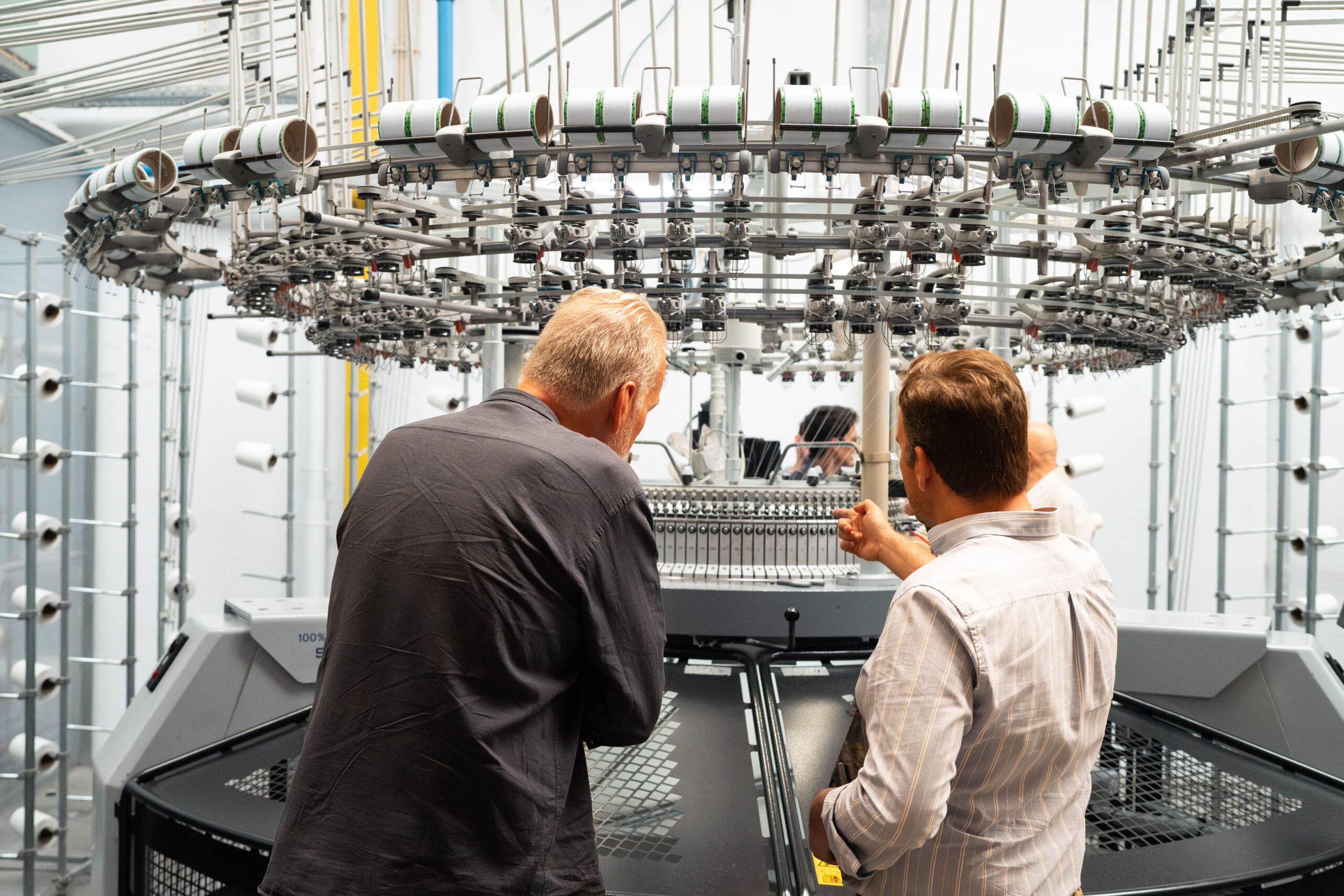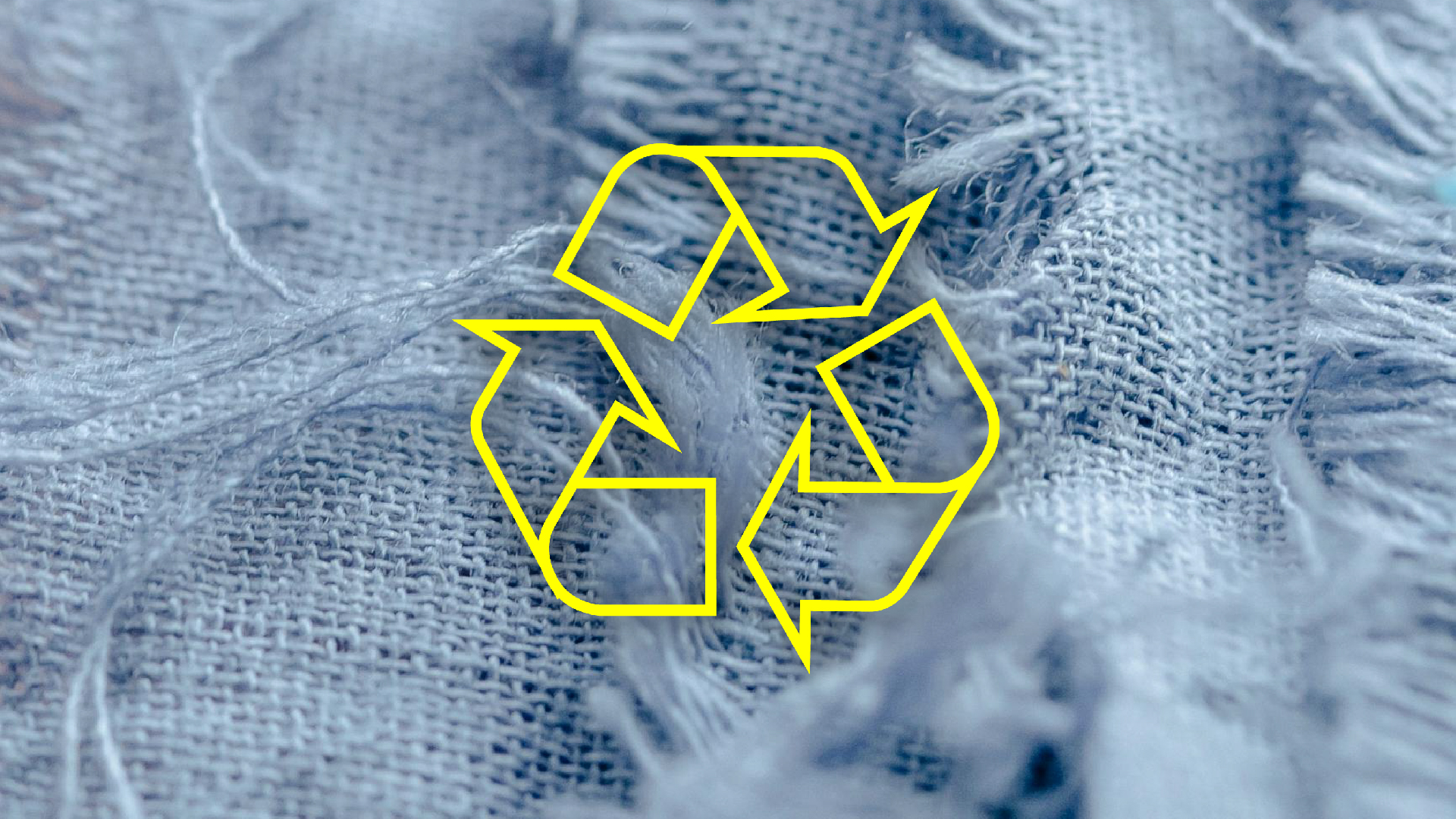Fashion for Good Consortium Pilots Resource Efficient Cotton Farming
A Materra, hydroponic cotton facility
CREDIT: Materra
26 January 2021
AMSTERDAM – Cotton makes up nearly 30% of global textile production, yet accounts for 24% of global insecticide use and being a water intensive crop, can require up to 10.000 litres of water per kilogram in its cultivation. Innovation in cotton farming practices is greatly needed to reduce pesticide, land and water use.
Fashion for Good launches a new, two-year pilot project in collaboration with leading brands Kering and PVH Corp. and leading global textile manufacturer Arvind Limited to pilot a radically resource-efficient cotton farming technology provided by Fashion for Good innovator, Materra (formerly hydroCotton). Materra’s innovative combination of precision agriculture, environmental control and real-time data tracking facilitate resilience for cotton farming in developing regions where climate and resources prove challenging for cotton cultivation.
“38% of the fashion industry’s carbon footprint lies with raw materials production, preparation and processing, innovations in this area such as radically resource efficient cotton farming, a staple fibre for the industry, is hugely important. This consortium pilot project brings together unique expertise from across the supply chain to pilot and ultimately scale this solution in key regions.” – Katrin Ley, Managing Director, Fashion for Good
In addition to their operational support, Kering, PVH Corp. and Arvind Limited provide the financial backing to enable the two year project. The project leverages Arvind’s local knowledge and network with a 1.5 hectare farm being set up in the Gujarat region in India. Fashion for Good initiated and will manage the project in addition to financing the project through an equity investment in Materra.
“Materra’s innovation brings in producing extra long staple cotton in India, as well as the live production data that will be gathered throughout the pilot. This aligns with Kering’s goals in both raw materials, which makes up 65% of the Kering Group’s overarching environmental footprint, and traceability, helping us move towards achieving our goal of reducing our overall footprint by 40% by 2025.” – Christine Goulay, Head of Sustainable Innovation, Kering
The farm will grow extra long staple cotton, which is often used in more high-end products, and provides the region with opportunities to explore implementing the fibre that has historically not been grown in large volumes in Northern India as its cultivation requires specific climatic conditions that are only met in a limited number of regions. The cotton generated on the farm, which will total 3 tonnes by the completion of the project, will be divided amongst the three partners to produce garments that will be made commercially available from 2023.
“Testing and adopting leading edge sustainable cotton innovations, such as Materra’s, is central to expanding our sustainable product offerings for our consumers. It’s also an enabler in fulfilling our enterprise-wide commitment to procure 100% sustainable cotton by 2025. We’re looking forward to featuring this cotton in future Calvin Klein products”– Aksel Parmaksiz, Senior VP Sustainable Business Transformation at Calvin Klein (Part of PVH Corp.)
RADICALLY RETHINKING COTTON FARMING
“We see Materra’s solution as playing an integral role in our future sourcing strategy. Their technology combines precision agriculture and controlled environments to create a radically resource efficient cotton farm. This results in reductions in water, land use and carbon emissions, as well as pesticide removal. We are excited to be collaborating with our fellow Fashion for Good partners on this consortium project and look forward to scaling this solution in our supply chain.” – Abhishek Bansal, Head of Sustainability, Arvind Limited
More than 60% of the world’s cotton is produced by smallholder cotton farmers, around 90% of these estimated 100 million smallholder farmers live in developing countries and grow the crop on less than two hectares. Under poor management practices, cotton can contribute to over-consumption of water, fertilisers and pesticides. Innovation in farming practices such as precision agriculture improve resource efficiency and resilience for cotton farming.
Materra’s approach to cotton farming combines precision agriculture and controlled environments to create radically resource-efficient cotton farms. Efficient irrigation, preventing excess water loss, delivers agricultural inputs directly to the plant’s root system where they can be efficiently absorbed and is pesticide-free, using biological pest control to manage pest outbreaks. Farms are equipped with a network of smart sensors to track data in real-time enabling enhanced environmental and social assurance.
Over the last 2 years, Materra has run three consecutive cotton trials at their UK test site in Essex. These trials allowed them to generate their initial cotton growth recipe, create production baselines and run fibre tests with mills. The aim of this pilot is to test their farming approach in the Gujarat cotton growing region in India. The farm will initially focus on this region where there are limited solutions for successful pest control and limited success growing extra long staple cotton.
“We are beyond excited to announce the launch of this consortium pilot in collaboration with Fashion for Good, Arvind Limited, Kering and PVH Corp. Through this project we will be able to test our farming approach in India, working closely with farmers on the ground to design and implement real-time data tracking. Working with these partners enables us to draw on a wealth of industry experience, looking to move beyond the pilot to full scale implementation.” – Edward Brial, CEO of Materra
NEXT STEPS
Officially kicking off today, the next three months of the pilot will focus on installing the pilot farm to be ready for planting in April, with the first harvest taking place towards the end of the year.
The pilot includes collating data and key learnings to identify the next best location for the team to apply the technology. Focus will predominantly be in regions where cotton agriculture is challenged by limited resources such as water, few solutions for pest control and limited success at growing extra long staple cotton. Wide scale implementation of Materra’s innovation will provide small-scale farms with the positive social benefits of increasing their yields, as well as enabling them to grow extra long staple cotton which is commercially more desirable. Simultaneously, it positively benefits the environment, leading to increased water savings, a reduction in pesticide use and enhanced traceability in the upstream supply chain.
Other Articles

In conversation with Smartex: Explore Smartex’s AI-driven solutions transforming quality control and reducing waste

Fashion for Good and Textile Exchange Team Up to Trace Textile Waste

